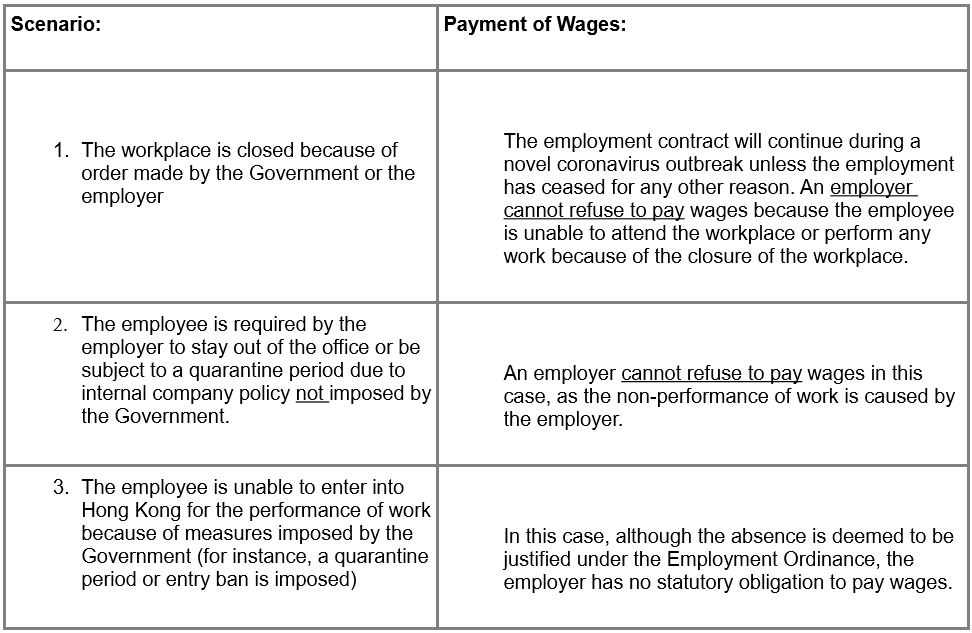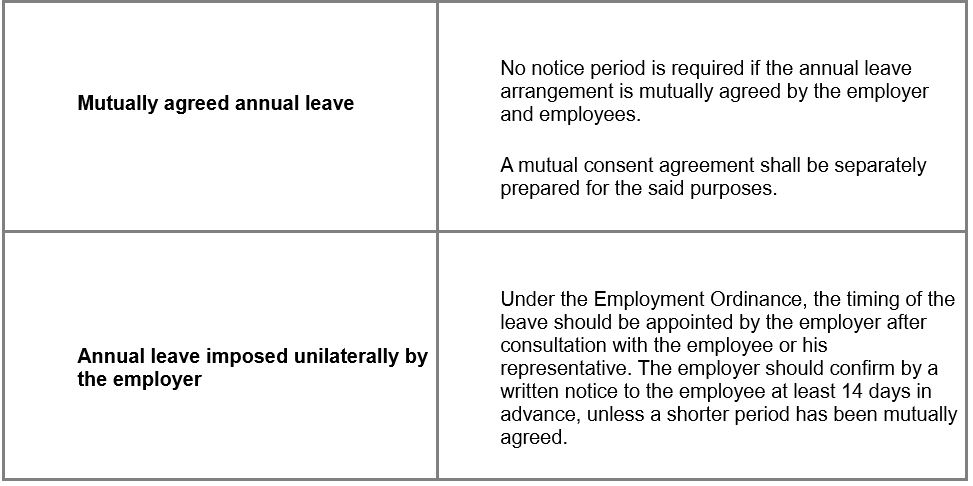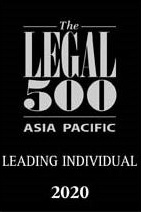The National Intellectual Property Administration, PRC (“CNIPA”) published “Answers to Handle Trademark Matters during the Epidemic Period of the Novel Coronavirus” on 6 February 2020.
1. What kind of trademark matters that can be applied for suspension?
If the applicants/petitioners/registrants (“Relevant Party”) cannot meet deadlines of the following trademark matters due to the epidemic period, the relevant deadlines shall be suspended from the date when the obstacle to exercise the rights is occurred until the obstacle is removed.
- Response to correction /amendments
- Response to examiners’ opinions
- Payment of official fees
- Submitting user evidence and outcome of negotiation for applications filed on the same day
- Responses to non-use cancellation actions
- Filling oppositions
- Review of refusal
- Review of opposition decision
- Review of invalidation decision
- Review, response and supplementary submission of non-use cancellation actions
2. What does it mean “the date when the obstacle to exercise the rights is occurred” and “the date when the obstacle to exercise the rights is removed”?
- The date when the obstacle to exercise the rights is occurred refers to the day that the Relevant Party is hospitalized or quarantined because of infection of the novel coronavirus, or the day that the trademark matters cannot be normally handled because of the Relevant Party’s local preventions and control measures during the epidemic period.
- The date when the obstacle to exercise the rights is removed refers to the day that the Relevant Party’s hospitalization or quarantine due to infection of the novel coronavirus is concluded, or the day that the Relevant Party’s local public work restriction/personnel control is ended.
3. How to apply for suspension?
The Relevant Party shall file a written application for the suspension when dealing with the above-mentioned trademark matters with the CNIPA. The written application shall list out the relevant region where the Relevant Party is located during the epidemic period, the reasons of the obstacle and the date of removal of the obstacle, and the relevant certification materials thereof.
4. What kinds of certification materials are required in support of the application for suspension?
The Relevant Party shall provide material with proof of infection treatment, or quarantine, or period of control, except the delay that is under the delayed resumption of work announced by the local government.
To reduce the burden of the Relevant Party affected by the epidemic period, only one set of the certification materials is required when requesting for suspension to multiple applications for the same trademark matters. The documents can be filed under one case number with the other case numbers indicated in the same application for suspension.
5. What should the registrants do if they fail to renew their trademark timely?
Failure to file application for renewal of trademark within the grace period due to the epidemic period would lead to loss of the trademark rights, unless the registrants file application for renewal of the trademark within 2 months from the day that the obstacle is removed with support of the certification materials as referred to in Point 4 above.
Information in Chinese from CNIPA can be found in the following link: http://sbj.cnipa.gov.cn/gzdt/202002/t20200206_311115.html?from=timeline&isappinstalled=0
Should you have any trademark matters encountered obstacles during the novel coronavirus epidemic period, please contact evelyne.yeung@oln-law.com or angel.luo@oln-law.com and we will be pleased to answer and assist.
 Suite 503, 5/F, St. George's Building, 2 Ice House Street, Central, Hong Kong
Suite 503, 5/F, St. George's Building, 2 Ice House Street, Central, Hong Kong +852 2868 0696
+852 2868 0696













